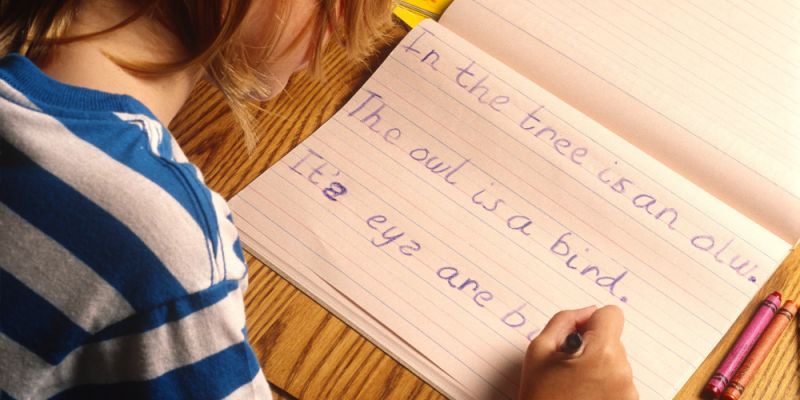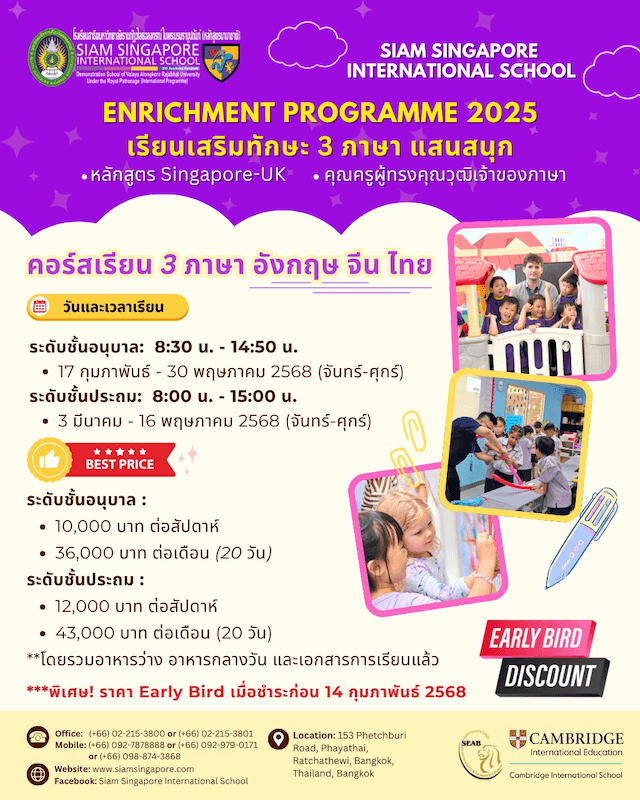Finding the perfect school can be difficult enough but trying to find a school when you have a child with Dyslexia can be a challenging task. You will need a school that both supports your child and has appropriate assessment services. It’s also important to establish if they have specialist support for your child who may be struggling with areas of literacy and numeracy. Many children worldwide go un-diagnosed and therefore struggle through their learning years, which has a profound impact on their social, emotional and academic development.
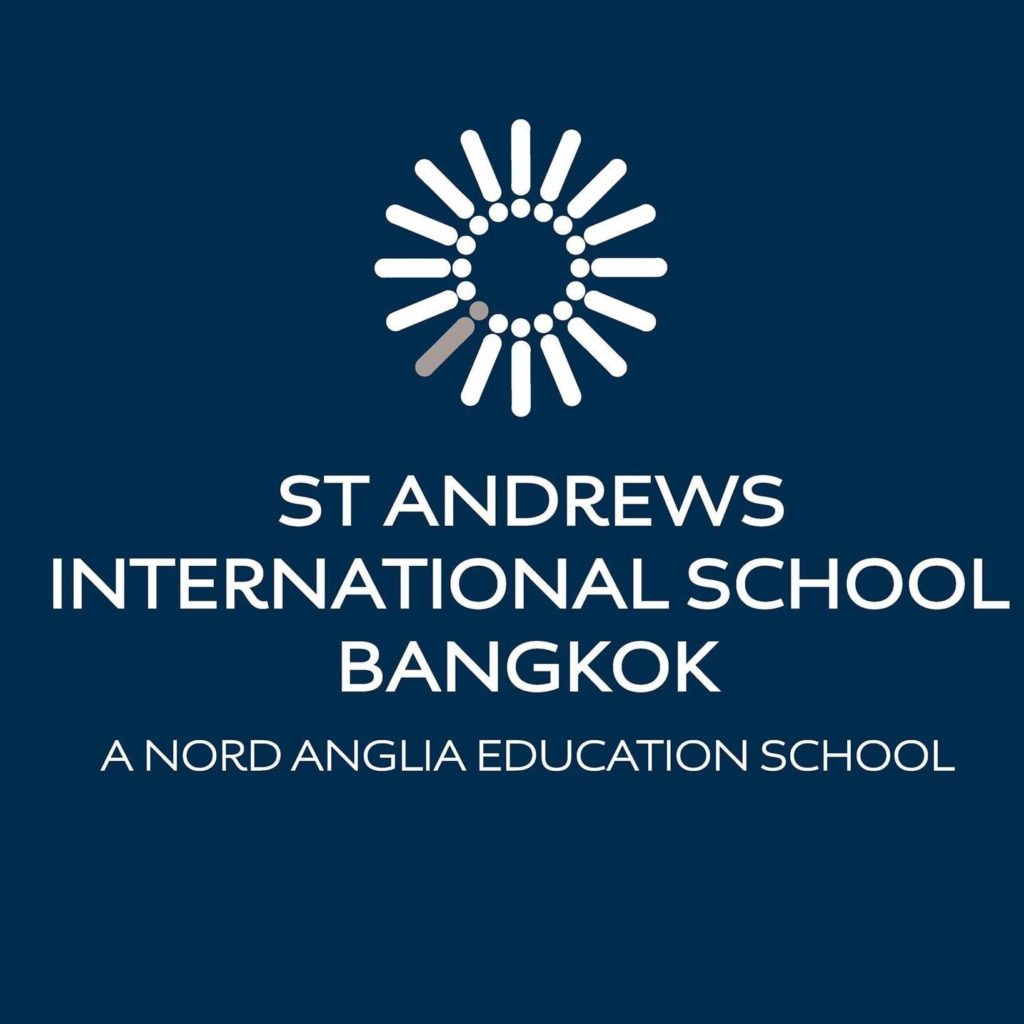
St Andrews International School Bangkok operate an inclusive education policy. This is reflected in their non-selective admissions policy and the integration of children with special educational needs into the mainstream classroom. They recognise the many factors that may influence the rate at which a child develops academically and socially, therefore we strive to have an extensive support network in place to nurture all students’ development.
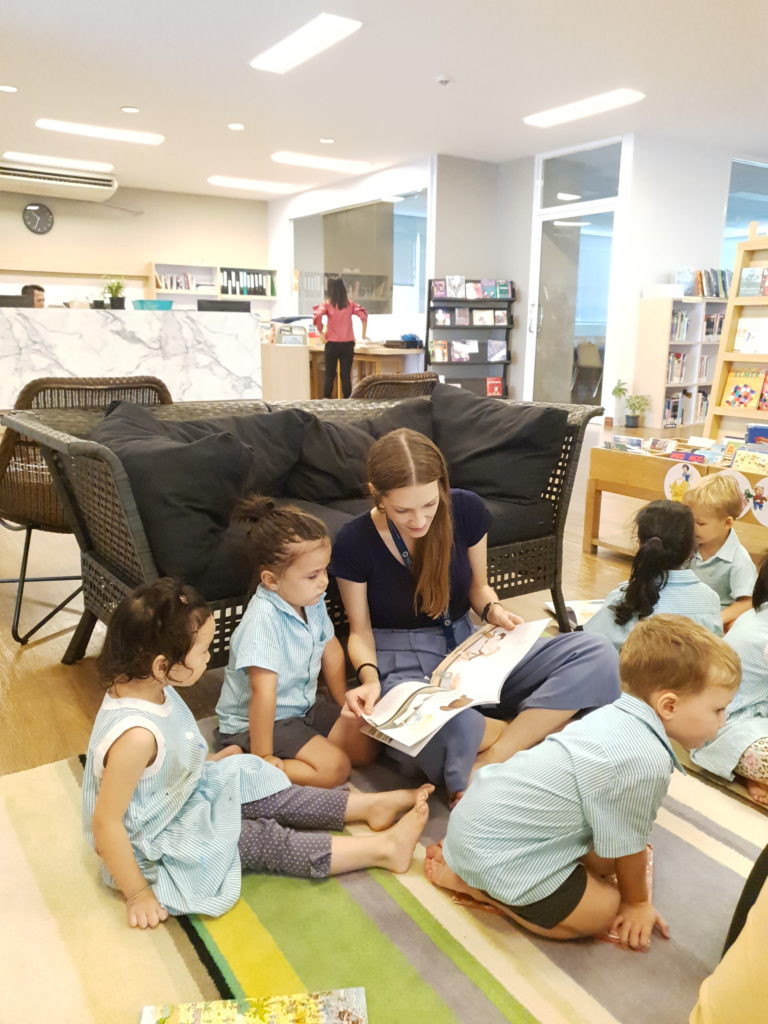
So What Exactly is Dyslexia?
Dyslexia is defined as a learning disorder characterized by difficulty in reading due to problems identifying speech sounds and learning how they relate to letters and words. It may be the cause of problems with reading comprehension, slow vocabulary growth, trouble with spelling and poor reading fluency – symptoms and severity vary, depending on the person.
There’s no single test that can diagnose dyslexia and a good solid assessment will consider many factors.
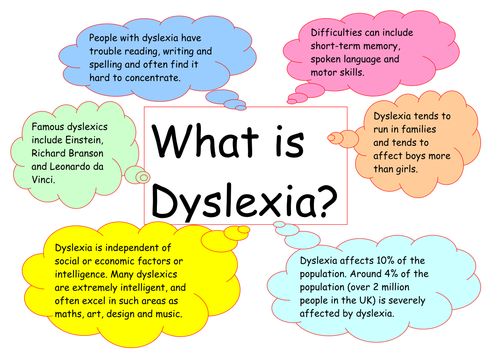
What it is Not….
Dyslexia is not the result of poor instruction, nor is it an indication of a person’s intelligence. Dyslexic children simply do not learn the same way as non-dyslexic children; they require multi-sensory teaching methods that are not always offered in conventional classrooms. With the proper support, almost all people with dyslexia can become good readers and writers, reaching their full academic potential.
How Many People Have it?
There is no data on the number of people with dyslexia in Thailand; for reference, however, it affects over 10 percent of the school-aged population in the United States. If you suspect that your child may be suffering from dyslexia, you can get a formal assessment from an educational psychologist. The sooner a diagnosis is made, the quicker (and easier) it is for a child can get help.
Where Can I Seek More Information & Get Help?

Dyslexia Thailand runs an Orton Gillingham Programme at St Andrews 71 (STA), part of the Nord Anglia Education group of premium international schools, as of August 2017. This unique programme (which was originally based at Berkeley International School in Bangna) is the only one of its kind within a mainstream school in Asia, supporting learning across the primary and secondary levels. It was started by Dominique Perry, an expat mother whose 8-year daughter was falling dramatically behind in international school, and subsequently diagnosed with dyslexia in 2013.
Dominique found there were inadequate resources in Thailand, and spent seven months in the US and UK, where her daughter received help from dedicated dyslexia programmes, including Orton Gillingham. Determined to bring her child home to Bangkok, Dominique began a local Orton Gillingham programme as a more permanent solution to her daughter’s education. Today, the thriving programme helps a number of dyslexic learners in Bangkok.
Dyslexia Thailand also holds camps in Kanchanaburi,, providing kids from all over Southeast Asia with fun outdoor activities. Dyslexic learners are welcome, and receive continuous learning support during the school holidays.
What is Orton Gillingham?
It is a learning approach that is language-based, multi-sensory, structured, cognitive and sequential. It is also flexible and tailored to each child’s pace and progress.
The essential curricular content and instructional practices that characterise the Orton Gillingham approach are derived from two sources: a body of knowledge and practice that has been validated over the past 70 years; and scientific evidence about how persons learn to read and write, why many have difficulty in doing so, how having dyslexia makes achieving literacy skills more difficult, and the instructional practices that are ideal for teaching such persons.
What is involved in the Orton Gillingham Programme?
Each student is provided with an intensive, structured environment that builds skills in reading, writing and spelling, as a daily supplement to their regular school curriculum. Two trained Orton Gillingham fellows mentor the programme, offering one-on-one support to each student. Another component of the programme is to foster each child’s confidence and self-esteem, reinforcing that dyslexia is a learning difference, not a learning difficulty.
Further queries can be directed to Mike Duly at St Andrews International School Bangkok mike.du@standrews.ac.th
Editor’s Note: This article was updated in June 2020.





